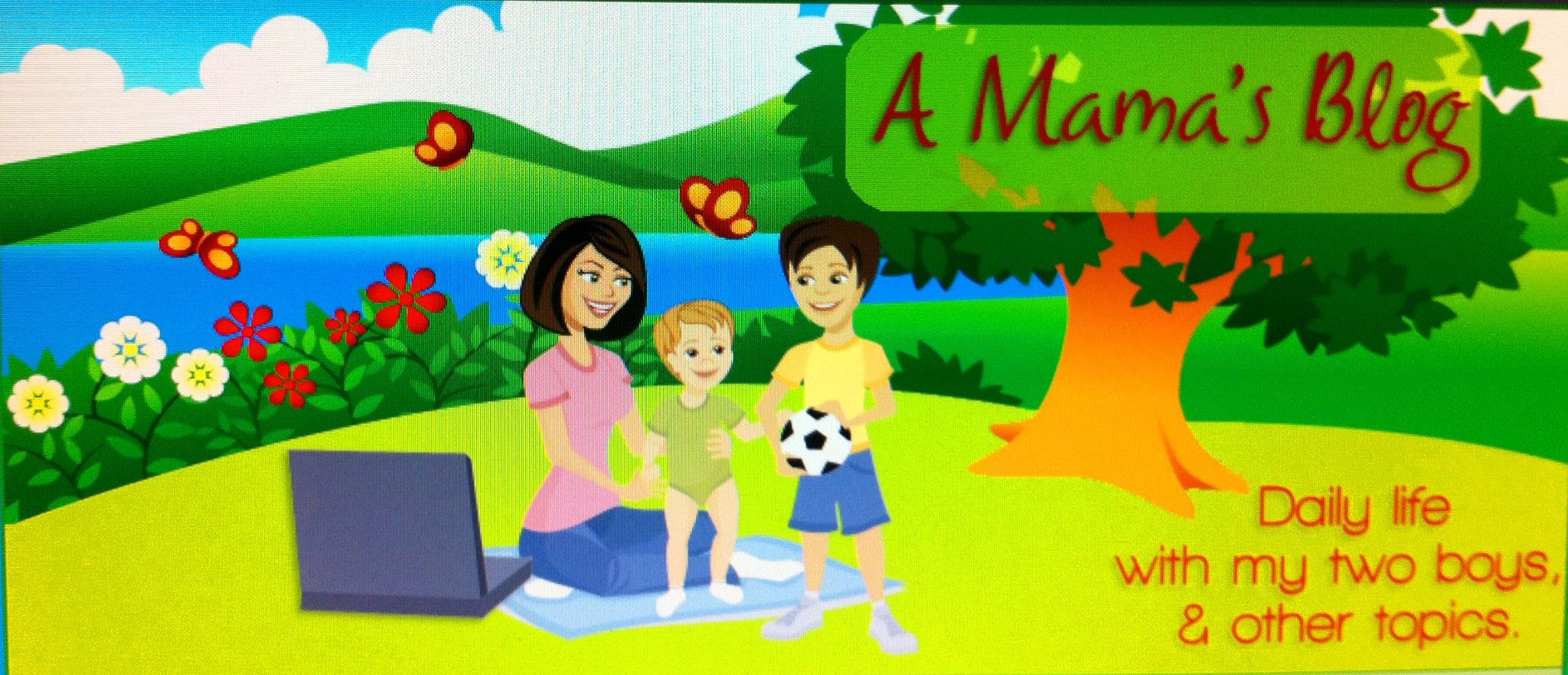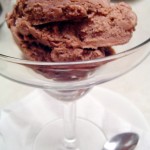A news station out of Vermont, claims that PETA (People for the Ethical Treatment of Animals) sent a letter to Ben and Jerry’s Ice Cream, asking them to use breastmilk in their ice cream, instead of cow’s milk.
Evidently PETA decided to make this request because of a Swiss restaurant owner, who will be purchasing breastmilk from nursing mothers, and using it place of cow’s milk in 75% of items.
When I first read this, I chuckled. Obviously PETA’s angle is using human milk would be better for the cows. On one hand, there is a saying, human milk for human babies, cow’s milk for baby cows. In theory, isn’t human milk better for humans? After all, we are the only species who drink another species milk.
It is a given that breastmilk contains antibodies to protect babies from countless diseases and illnesses. However, in recent years there have been reports that donor breastmilk has helped adults with some illnesses.
From a Mothering Magazine article, discussing the benefits to adults:
Besides healing common minor afflictions, breastmilk has recently been in the news for helping to treat more serious illnesses. Adult cancer patients have been drinking breastmilk in an attempt to boost their immune systems and cope better with the side effects of chemotherapy.2 While this is not a common practice, a milk bank in California has supplied a group of pioneering patients with breastmilk for the past few years. One lucky recipient of this donor milk, Howard Cohen of Palo Alto, California, strongly believes that ingesting breastmilk daily has helped his prostate cancer go into remission.3
Donor milk is used to treat a variety of health problems. I spoke with Pauline Sakamoto, RN, MS, executive director of the Mothers’ Milk Bank in San Jose, California, about some of the other ways breastmilk benefits people. “Historically, human milk has been used for diseases and health conditions of adults and children and as a superior food for babies. These folk cures have been tested throughout time. Currently, there has been more interest in the scientific community to test the components of human milk’s effect on different health problems that plague us today. Hopefully, in the near future, we will validate the incredible power that our body has to promote growth, heal itself, and preserve its integrity via human milk.
Breastmilk may even kill cancer cells. In 1995 physician and immunologist Catharina Svanborg and a team of research biologists at Sweden’s Lund University discovered in breastmilk a protein compound, alpha-lactalbumin (they gave it the acronym HAMLET), that selectively induces apoptosis in tumor cells.4 In other words, HAMLET makes cancer cells commit suicide. In fact, it has killed every type of cancer the researchers have tested it against. HAMLET has also been used to successfully treat virally infected warts, which were reduced by 75 percent in volunteers who received daily treatments with an ointment containing the protein. The same viruses that cause warts are also linked to cervical cancer, genital warts, and some types of skin cancer.
Kellymom.com also has a page called Healing with Breastmilk, which has links to several articles and studies of medicinal uses of breastmilk.
Just like cow milk, human milk has to be sterilized for safety when being used as donor milk. Personally, I don’t think there would be any more risk from human milk than cows milk, if proper sterilization processes occurred. But from a practical standpoint, I think this is a idea that would never fly.
Currently, it is illegal for women to sell their breastmilk, so any milk given to Ben & Jerry’s (or any other food establishment) would have to be done as a donation. Furthermore, in order to replace all cow’s milk with breastmilk, there would have to be a lot of donors. It is hard enough at times to make enough milk for your own baby, let alone for donation.
I know some mothers who have donated their surplus of breastmilk to milk banks, for babies who need it for medical emergencies. This is a very loving gift they give, and the mothers who do this are not paid. I would like to think that mothers who donate their milk, would be more likely to donate it to a milk bank for critically sick babies, than to Ben and Jerry’s so they can make ice cream.
Suppose the industry could find enough women to donate their milk. Sadly, I think most people are grossed out by consuming human breastmilk. In this society, we are used to consuming animal products, but we are not used to consuming a human product like breastmilk.
While PETA is thinking out of the box on this one, I think it will be a very, very, long time before we start seeing breastmilk replacing cow’s milk in dairy products.
What do you think? If human milk was pasteurized/sterilized, would you buy a dairy product with breastmilk in it?

